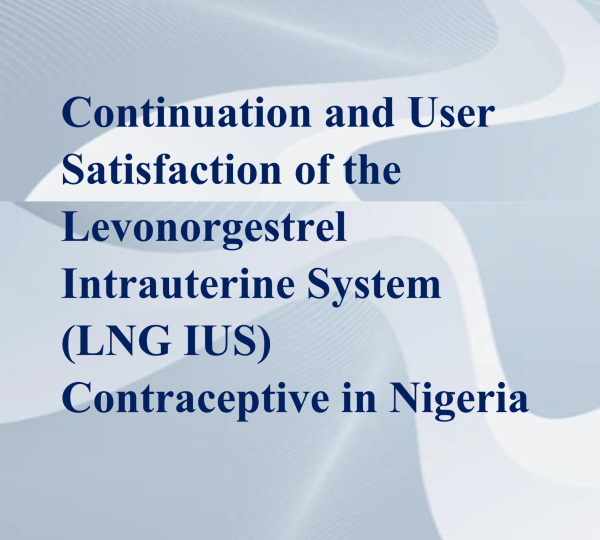ACTWatch2 hits the ground running with Training Session
SFH recently participated in a very successful ACTwatch2 outlet survey training session in Kampala Uganda.
The training was designed to equip participants with skills to build survey knowledge. Chinazor Ujuju, Manager Monitoring & Evaluation Society for Family Health (SFH) expressed that the programme was interesting as participants were enamored with awareness in being part of a unique survey which has the potential for far reaching impact that would help make a difference in combating the scourge of malaria.
A brief story of activities which made up the training session was lucidly presented with the view that it is necessary to state that evidences of availability, quality, price, and use of anti-malarials and diagnostic tests are needed by national governments and global health communities; thus ACTwatch2 sets out aiming to provide a comprehensive picture of the markets with definable parameters to adequately inform decisions of national and international malaria case policies. This is definitely achievable, as the session sought to establish, when provider knowledge and attitudes are assessed, demand and supply sides of the markets, market share, price, and availability of anti-malarials and diagnostic tests in public facilities and private retail outlets are studied. In addition to all these, the availability of ORS/Zinc products in the outlets will be captured by this survey.
ACTwatch2 will be co-funded by Gates Foundation and DFID for three (3) years and will be implemented in ten (10) countries, namely; Benin, Cambodia, DRC, Kenya, Madagascar, Myanmar, Nigeria, Tanzania, Uganda and Zambia. Building the capacity of the study team on tools and equipment for survey purpose was the main objective of the ACTwatch2 training. Other objectives include:
• How to recognise anti-malarial medicines and differentiate them from other medications.
• How to accurately record information from a medicine pack on to an audit sheet.
• How to conduct a successful provider interview using the questionnaire.
• Recognising potential outlet types that provide anti-malarials and diagnostic testing for malaria, including informal outlets such as ‘Herbal clinics’
• How to conduct a census of outlets.
• How to conduct a booster sample of outlets.
• How to conduct a successful interview. This includes how to get informed consent and how to convince reluctant providers to participate in the study.
• Understanding the roles and responsibilities of all people participating in the study.
• Understanding the likely challenges while conducting the study and how they can be addressed and overcome.
• Understanding how quality control and data management will be done for this study.
The ACTwatch2 team from Nairobi, led by Vamsi Vasireddy, the principal investigator, facilitated the 10-day training session and one day field exercise. There were reviews of data collection tools including:
1. Provider Questionnaire which will be used to record the provider’s knowledge of anti-malarials and collect information on the characteristics of the outlet.
2. Anti-malarial audit sheets which will collect brand, stock and price information on all anti-malarials in the outlet on the day of interview.
3. RDT audit sheets which will collect brand, stock and price information on all RDTs in the outlet on the day of interview.
4. ORS and Zinc availability collected from the provider at time of interview.
In order to ensure smooth and successful survey, training was conducted on the use of PDA and field logistics. The training offered an opportunity for the Nigeria Country Programme Coordinator from Society for Family Health – Chinazor Ujuju to meet with the team and deliberate on the Nigeria ACTwatch2 survey scheduled for November and December 2013 with the training of research consultants holding in October, 2013.
“Society for Family Health Nigeria… Creating Change, Enhancing Lives”



